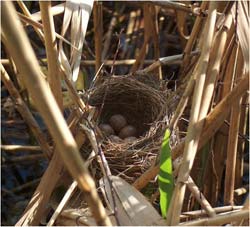 Ki Teitzei (Deuteronomy 21:10-25:19) — The battles around us are intimately connected to the battle within us.
Ki Teitzei (Deuteronomy 21:10-25:19) — The battles around us are intimately connected to the battle within us.
The Shorashim Torah Study and Overview Guide.
This Torah Portion returns to enumerate an array of differing commandments. In fact, this Torah portion includes seventy-four of the Torah’s 613 commandments.
Why would Moshe interrupt his narrative of the life and follies and aspirations of his people with a rendition of some of the commandments?
These include the laws of inheritance rights of the first- born,those regarding the rebellious son.
What can we learn from the very dramatic treatment of the rebellious son, which according to our sages never materialized as an actual case (due to the very detailed requirements for it to occur)?
Then it discusses the correct treatment of the dead , bbout how to retrieve eggs from a nest, and regarding the returning of lost items. It describes the correct way to construct the roof of one’s house “When thou buildest a new house, then thou shalt make a parapet for thy roof, that thou bring not blood upon thy house, if any man falling from thence”( deut 22:8)
What does the laws of constructing a banister on one’s roof teach us about free choice and fate ( look to these words “if any man falling from thence”) ?
It then moves into laws related to adultery, faithfulness and marriage . It continues with the preparation of and the choosing of the soldier for war .It then proceeds to the social sphere and describes the correct dignity afforded to one’s servants , workers , debtors and one’s relatives both alive and deceased (the laws of yibum)
These are just a grouping of the laws that are presented in the parsha.
What do all these seemingly unrelated set of commandments have in common?
What pattern does it follow?
And then the Torah portion declares the following:
You shall remember what Amalek did to you on the way, when you went out of Egypt, how he happened upon you on the way and cut off all the stragglers at your rear, when you were faint and weary, and he did not fear God. י [Therefore,] it will be, when the Lord your God grants you respite from all your enemies around [you] in the land which the Lord, your God, gives to you as an inheritance to possess, that you shall obliterate the remembrance of Amalek from beneath the heavens. You shall not forget! ( ibid 24:17-19)
Why must we be told at this point about the Amalek again ( look to “when you were faint and weary, and did not fear God”
What does the following seemingly contradictory statement truly mean” you shall obliterate the remembrance of Amalek from beneath the heavens. You shall not forget!”?
Listen to this week’s podcast: